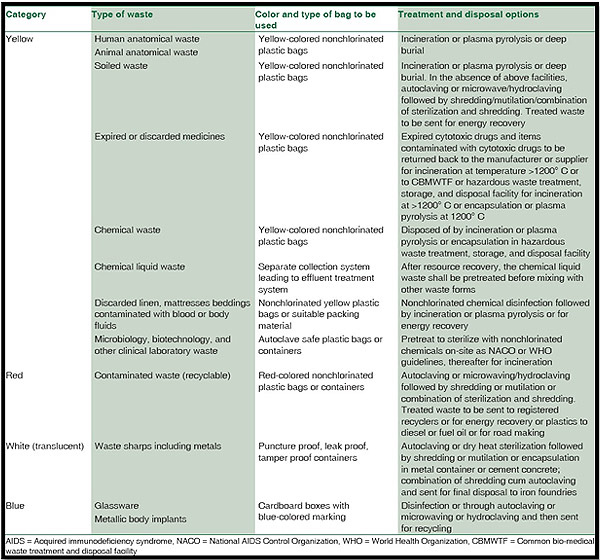The Basic Principles Of Reclaim Waste
Table of ContentsSome Known Details About Reclaim Waste What Does Reclaim Waste Do?Reclaim Waste Can Be Fun For AnyoneReclaim Waste Things To Know Before You BuyExamine This Report about Reclaim Waste
Through proper liquid waste management, business can decrease energy-intensive treatment procedures and disposal expenses. By adhering to a system for handling fluid waste, business can stay clear of pricey fines and charges and prevent adverse promotion.(https://leonaube33101.wixsite.com/reclaim-waste/post/effective-liquid-waste-removal-and-disposal-everything-you-need-to-know)Accumulate depictive samples from various factors within the waste stream to guarantee precision. Conduct regular testing to track any type of adjustments in the composition. Preserve in-depth documents of characterization for future reference and compliance functions. Fluid waste, particularly unsafe ones, postures considerable risks during this action. Correct treatments minimize spills, leaks, and other mishaps that might damage the workers and the public.

Disinfection (e.g., chlorination, ultraviolet light, ozonation) and nutrient removal (e.g., denitrification and phosphorus removal) are recommended under stringent guidelines. Various business breached several liquid waste disposal regulations in current years.
Reclaim Waste for Beginners

are utilized by industries that create large quantities of low-toxicity fluid waste. Superficial basins have liquid waste that is permitted to evaporate with natural processes. The deposit left can be disposed of in garbage dumps. involves melting liquid waste at high temperature levels and converting it into gas and ash. This sort of disposal is subject to rigorous environmental regulations due to possibly dangerous exhausts.
The findings should be recorded, analyzed, and stored not just for submission to governing authorities but also for making improvements in the future. Share info with relevant stakeholders (e.g., workers, regulatory federal government firms, and neighboring neighborhoods) to maintain transparency and accountability.
Recognizing these can assist them successfully handle their procedures and lessen their ecological effect. Companies that can't spend in centers ought to consider teaming up with the public field for much better services.
What Does Reclaim Waste Do?
By executing thorough administration systems that consist of therapy and recycling strategies, routine surveillance, danger analyses, and adherence to regional and government policies, commercial facilities can add to the defense of groundwater materials, guaranteeing their accessibility for future generations (industrial wastewater treatment). Let's look into the relevance of effective liquid waste monitoring in the industrial industry, concentrating on its ramifications for safeguarding groundwater resources
The contamination of groundwater sources due to incorrect liquid waste management in the industrial field has far-reaching effects for human health, farming, and the atmosphere in its entirety. Several of the potential impacts brought on by such contamination include: Polluted Drinking Water Materials: As groundwater supplies a considerable part of our alcohol consumption water, contamination from commercial tasks can lead to damaging chemicals and bacteria entering our water systems, presenting wellness risks for people.
Lowered Agricultural Productivity: Agriculture relies heavily on groundwater for irrigation; consequently, polluted water can prevent plant returns, infect agricultural items, and influence food security. Given the significance of maintaining groundwater resources, it is vital for services to take a positive stance in managing their fluid waste properly and stopping pollution.
The Buzz on Reclaim Waste
Liquid waste can infect land and contaminate waters. Under the Security of the Setting Operations Act 1997, companies that create liquid waste are needed you can try this out to handle it in a means that safeguards the atmosphere and the area. Information regarding handling and storing liquid waste, reacting to spills and lowering liquid waste is offered in the adhering to fact sheets and assistance:.
Water, the essence of life, is under continuous danger from contamination. The duty of waste monitoring specialists in protecting this valuable resource can not be overstated. Their services include: Septic storage tank and oil trap cleaning: Necessary for preventing hazardous pollutants from entering our water systems. Polluted water and contaminated effluent monitoring: Ensuring that dangerous fluids are securely eliminated and dealt with before they can harm our water sources.
Hence, integrating sustainable fluid waste administration right into economic planning improves economic security and protects the atmosphere, showing the value of this strategy. In final thought, adopting expert fluid waste management methods is important for ensuring a sustainable future, protecting our atmosphere and safeguarding the well-being of future generations.
When it pertains to getting rid of waste, sticking to proper procedures is critical for a wide range of reasons. Correct waste disposal is not just concerning sanitation; it's regarding making certain the well-being of our setting, health, and the efficient use sources. Comprehending the significance of efficient waste monitoring can help us all add to a much healthier, cleaner earth.
Some Known Questions About Reclaim Waste.
Effective waste administration assists preserve tidy streets and public spaces, minimizing the visual influence of litter and ensuring that waste does not hurt wildlife. When waste is not gotten rid of effectively, it can cause air pollution, where hazardous materials can leach into the soil, water systems, and the air, creating long-lasting ecological troubles.